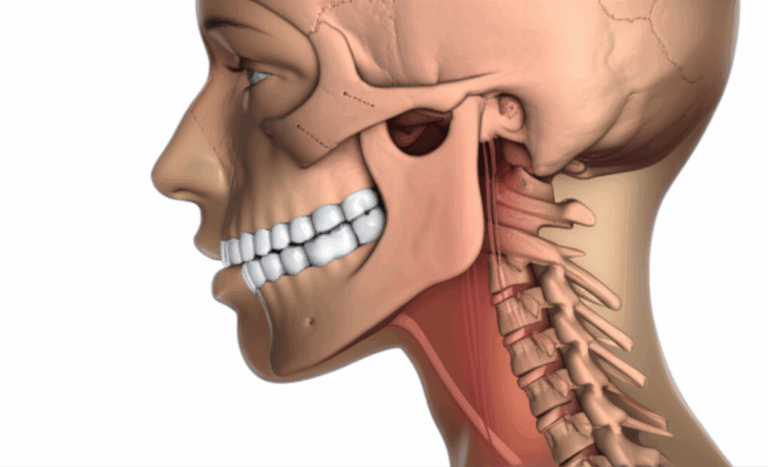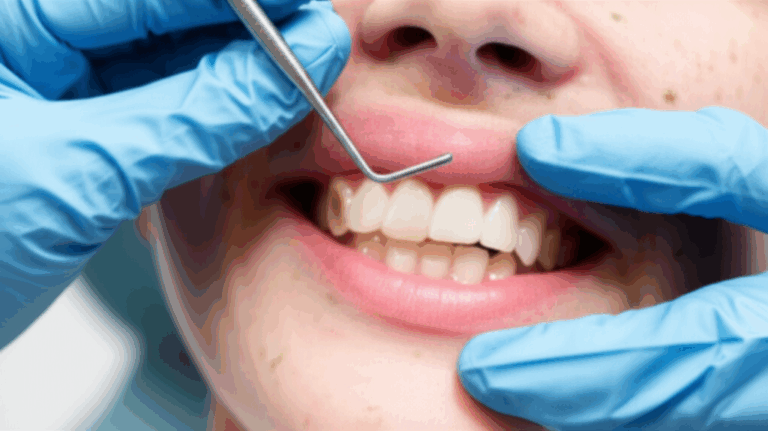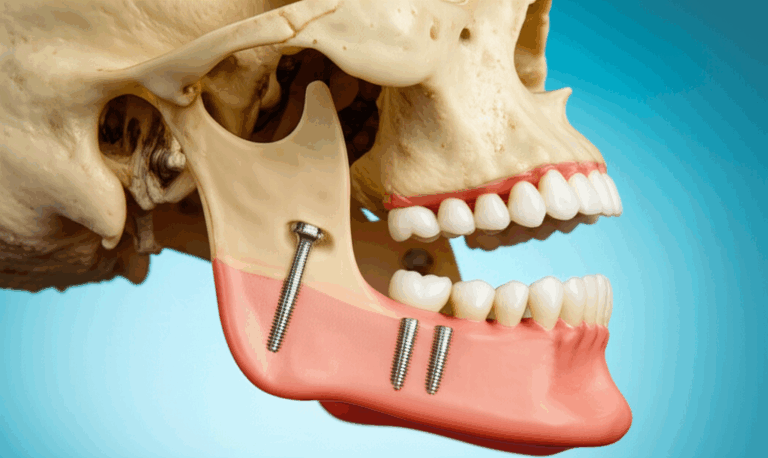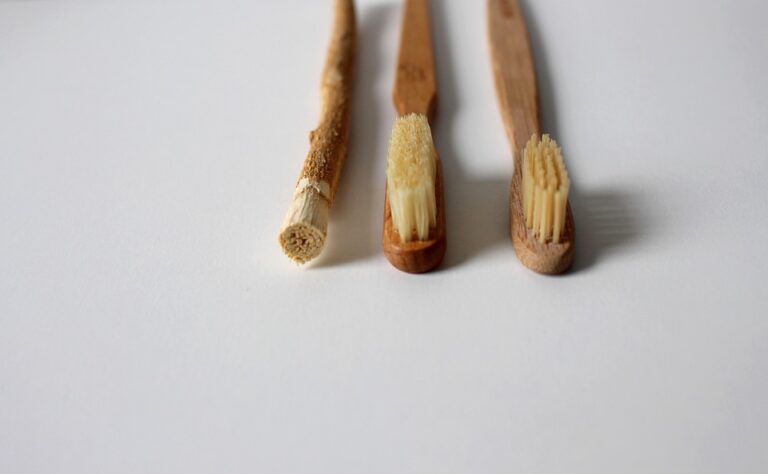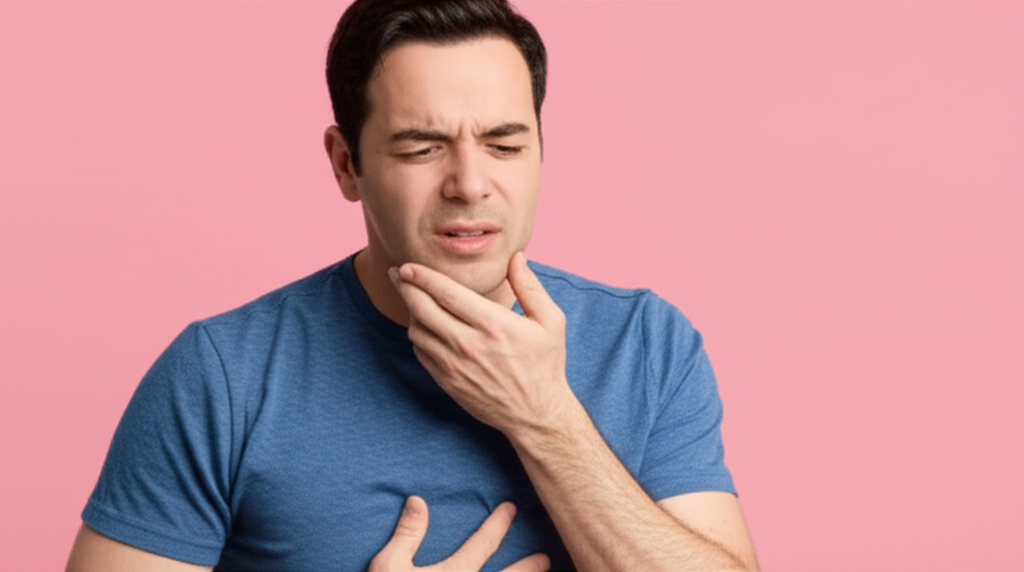
Can Dental Problems Cause Acid Reflux? Understanding the Oral-Gut Connection
Have you ever thought about if the health of your teeth and gums could make your stomach burn? You might be surprised to know that problems with your teeth can actually lead to acid reflux. In this article, I’ll show you how your mouth and stomach are much more linked than you might have guessed. We’ll look at what starts in your mouth, how it can make reflux worse, and what you can do about it. I’ll also give you simple tips to keep both your teeth and your belly happy. Trust me—this is something you need to know for your all-over health.
Table of Contents
- What Is Acid Reflux?
- How Are Your Mouth and Stomach Connected?
- Can Bad Teeth Really Cause Acid Reflux?
- How Does Poor Chewing Affect Digestion?
- Is Dry Mouth a Problem for Your Stomach Too?
- What Is Dental Erosion—and Why Should Reflux Sufferers Care?
- Could Gum Disease Make Your Reflux Worse?
- What Are Oral Signs of Stomach Problems?
- Simple Ways to Keep Your Mouth and Gut Healthy
- Should You Talk to Your Dentist or Doctor?
- FAQ
- Summary: Key Points to Remember
What Is Acid Reflux?
Acid reflux happens when stomach acid goes back up into your throat. It can make you feel a burning in your chest or throat. Some people might just get a sour taste in their mouth or even a sore throat. If acid reflux keeps happening, doctors call it Gastroesophageal Reflux Disease or GERD.
There’s a special muscle called the lower esophageal sphincter (LES). It’s like a door between your stomach and your throat. When it doesn’t close all the way, acid sneaks out. It’s kind of like a leaky dam letting water out!
Watch for these signs:
- Burning pain in your chest after you eat
- Bitter or sour taste that won’t go away
- Cough that won’t stop or a sore throat
- Hoarse or scratchy voice
Acid reflux isn’t just annoying. If it happens a lot, it can hurt your throat and even your teeth.
How Are Your Mouth and Stomach Connected?
You might not think your teeth have anything to do with your stomach, but they work together. Everything starts with chewing. If you chew food well, your stomach doesn’t have to work as hard. If you have problems with your teeth, that process might not be smooth.
Your mouth health can affect your digestion. And if your stomach isn’t happy, sometimes your mouth will show it first. Dentists and doctors call this the “oral-gut connection”—and it’s real.
Here’s how it can go:
There’s another part: Acid reflux can hurt your mouth, too. If acid keeps coming up, it wears down your teeth and can bother your gums.
Can Bad Teeth Really Cause Acid Reflux?
Good question: Do things like cavities, missing teeth, or gum problems actually make acid reflux worse? You might be surprised. Bad teeth by themselves won’t give you reflux, but the troubles they bring can make it more likely and make it feel worse.
For example, missing teeth can make it hard to chew. This might mean you swallow bigger bits of food or chew slow and take in more air. This means your stomach works extra hard, and that might make your body make more acid.
Think of your mouth as the first machine in a food factory. If that machine’s broken, the next ones down the line have a tough time.
Fillings, crowns, or dentures that don’t fit well can also make chewing tough. If your bite is off (malocclusion), you might even notice more tummy problems.
How Does Poor Chewing Affect Digestion?
It’s like trying to use a blender without first cutting up the fruit. That’s what happens when your teeth can’t do their job.
Bad chewing means:
- Food stays in big pieces
- Stomach takes longer to handle it
- You swallow more air (which can lead to burping and gas)
The stomach makes more acid to help. If you have sore teeth or dentures that don’t fit, you might just gulp your food. All of this can make you more likely to get heartburn or reflux.
Here’s a quick table for you:
| Chewing Well | Poor Chewing |
|---|---|
| Food easy to digest | Hard to digest |
| Less stomach acid needed | More acid needed |
| Lower reflux risk | Higher reflux risk |
To learn how dental work can help with chewing, check out this china dental lab.
Is Dry Mouth a Problem for Your Stomach Too?
Dry mouth, or xerostomia, means you don’t have enough spit. Having a dry mouth feels weird and sticky, but here’s a surprise: spit is a natural guard against acid.
Spit helps you by:
- Washing away food bits
- Making acids weaker before they can hurt your teeth or throat
- Helping you swallow
Many medicines, certain sicknesses like Sjögren’s syndrome, or just getting older can leave you with a dry mouth. When that happens, it’s harder to swallow. Food might get stuck, making it scratchy or hurt your throat. Less spit also means acid doesn’t get cleaned away as well. That makes both mouth and stomach problems worse.
What Is Dental Erosion—and Why Should Reflux Sufferers Care?
Dental erosion means the enamel (the hard outside part of your teeth) gets worn down. Stomach acid does this very fast if you have reflux all the time.
Some signs that your enamel is wearing down:
- Teeth feel sore with hot or cold things
- Teeth look yellow (that’s the inside part showing)
- Teeth feel rough or edges are uneven
- Cavities, even if you brush a lot
Dental erosion is like rust on a metal gate. If acid keeps splashing your teeth, the gate slowly gets weaker. The hard outside part doesn’t come back once it’s gone.
If you’re worried about losing enamel, a visit to a dental ceramics lab can help fix up your smile.
Table: Signs Your Teeth Are Worn Down (and Why)
| Sign | Why It Happens |
|---|---|
| Sensitive | Enamel getting thin |
| Yellow color | Inside showing |
| Teeth feel rough | Acid is hurting them |
| New cavities | Teeth weaker, bugs get in |
Could Gum Disease Make Your Reflux Worse?
Gum disease isn’t just about puffy or bleeding gums. Swelling in your mouth can cause swelling all over your body—even in your stomach area.
Gum disease (like gingivitis and periodontitis) messes up the balance of good and bad bugs in your mouth. More bad bugs (dentists call this oral microbiome trouble) can make your body more likely to get swelling. Some scientists think this could make the muscle that holds back your stomach acid weaker.
Also, people with gum disease often can’t chew well, which—like we learned—means bigger food bits and more acid. It’s a cycle that keeps going.
What Are Oral Signs of Stomach Problems?
Did you know many reflux problems show up in your mouth first? Look for these signs:
- Sore throat or burning mouth
- Bad breath
- A sour taste
- Lots of cavities, especially near your gums
- Teeth worn down on the inside edges
- Red, puffy gums
Sometimes, you might not feel the usual burning chest at all, but your dentist can spot these sneaky signs of acid. If you see any of these, you might need to check on your stomach health too.
If you want to learn more about different teeth problems, check this dental diseases page.
Simple Ways to Keep Your Mouth and Gut Healthy
You can do a lot to help your teeth, gums, and stomach stay healthy! Start with these:
Brush and Floss Carefully
Brush two times a day with a soft brush. Floss gently so you don’t hurt your gums. Try not to brush hard right after acid has come up, since your teeth might be soft.
Chew Slow and Drink Enough Water
Chew your food carefully. It helps your stomach break it down. Drink plenty of water so you make more spit and wash away acid.
Watch What You Eat
Skip foods and drinks that are really sour or have a lot of acid, like oranges, coffee, and fizzy drinks. They can mess with both your stomach and your teeth. Spicy foods can make reflux worse too.
Replace Missing Teeth or Fix Crooked Bites
If you have missing teeth or dentures, go see a tooth expert. A removable denture lab can help you chew better.
Don’t Smoke and Cut Down on Alcohol
Smoking and drinking alcohol are tough on your gums and can make reflux worse.
Should You Talk to Your Dentist or Doctor?
You should get help if:
- You have heartburn or reflux a lot
- Your teeth feel sore, weak, or are wearing out
- Your gums bleed or are puffy and don’t get better
- You have a hard time chewing, swallowing, or keep tasting something sour
Dentists and stomach doctors sometimes work together for these problems. If you need a lot of dental work, let your dentist know if you get stomach trouble—and tell your doctor about your teeth too. Working together is best, and sometimes you need both of them to help!
If you want even more ways to take care of your teeth health, look at these teeth health tips.
FAQ
Q: Can fixing my teeth really help my stomach?
A: Yes! Healthy teeth and gums help you chew better and need less acid, which is easier on your stomach.
Q: Should I take heartburn medicine if I have gum disease?
A: Talk to your doctor first. Some medicines can dry your mouth, making tooth problems worse. Always tell your dentist and doctor what you’re taking.
Q: If I wear dentures, am I safe from acid reflux?
A: Not really. Dentures that don’t fit right make chewing tough, so you might swallow big pieces and get more reflux.
Q: Can kids get reflux from teeth problems?
A: Yes. Kids who don’t brush or have lots of cavities or crooked teeth might have trouble chewing and can get stomach aches. Good tooth care is important for all ages!
Summary: Key Points to Remember
- Teeth and gum problems can make acid reflux worse because they make chewing hard or cause dry mouth.
- Acid reflux can hurt your teeth and gums too—watch for teeth wearing out and gum disease.
- Fillings, crowns, implants, and dentures that fit right can help lower your reflux risk.
- Look for signs like sour taste, lots of cavities, burning mouth, and gum trouble—they might mean you have more than just mouth problems.
- Taking care of your teeth, eating the right way, and getting help when you need it keeps your whole mouth and stomach healthy.
- If you’re not sure, ask your dentist and doctor—they’re a great team!
Your smile and your stomach are more connected than you may think. Take care of your teeth and gums, and your whole body will thank you!

